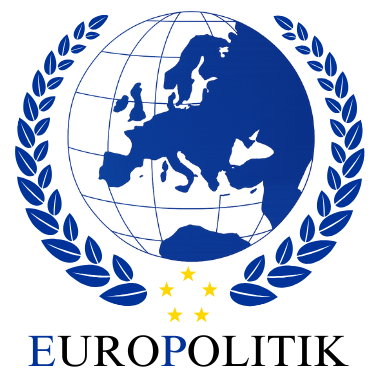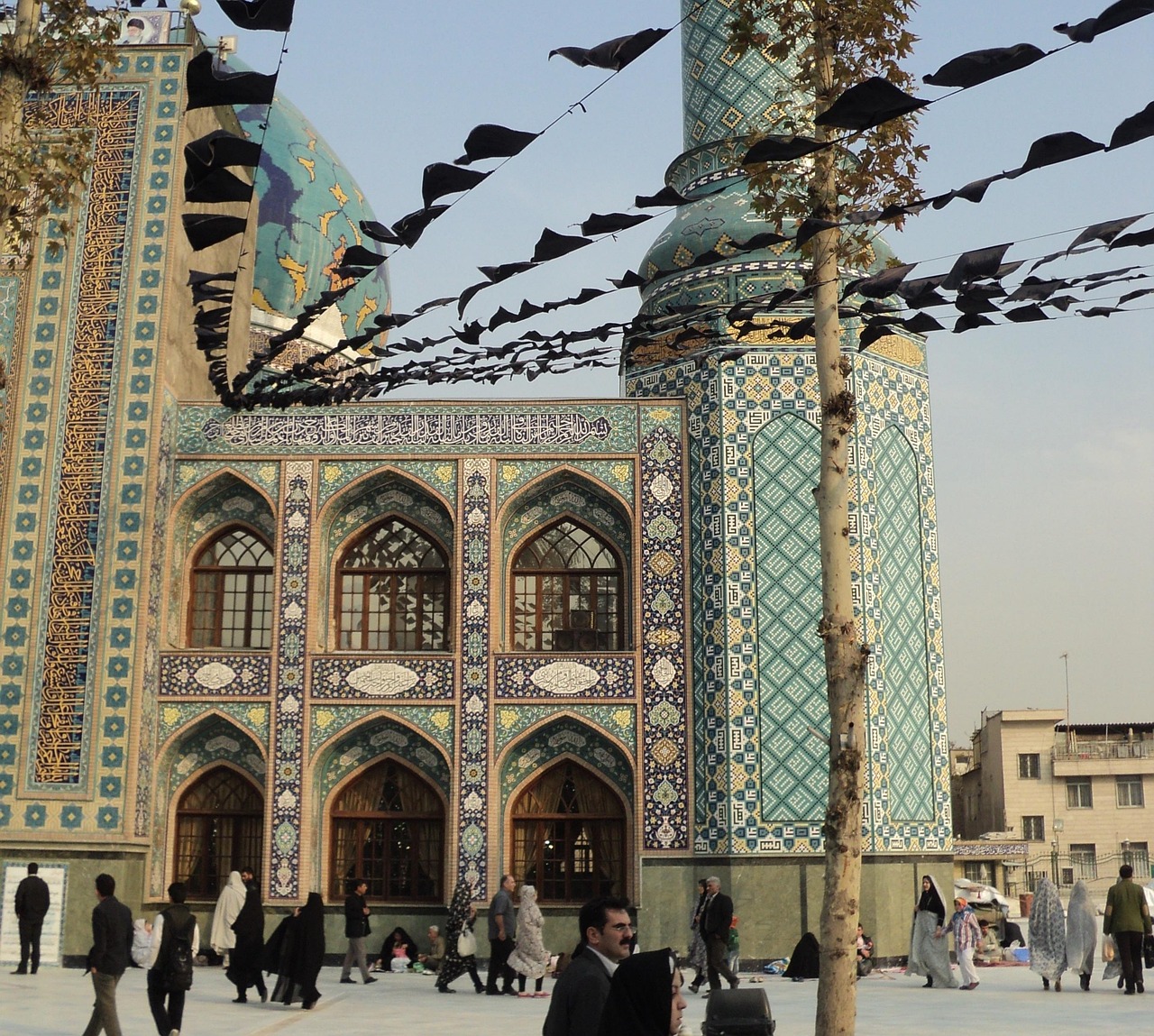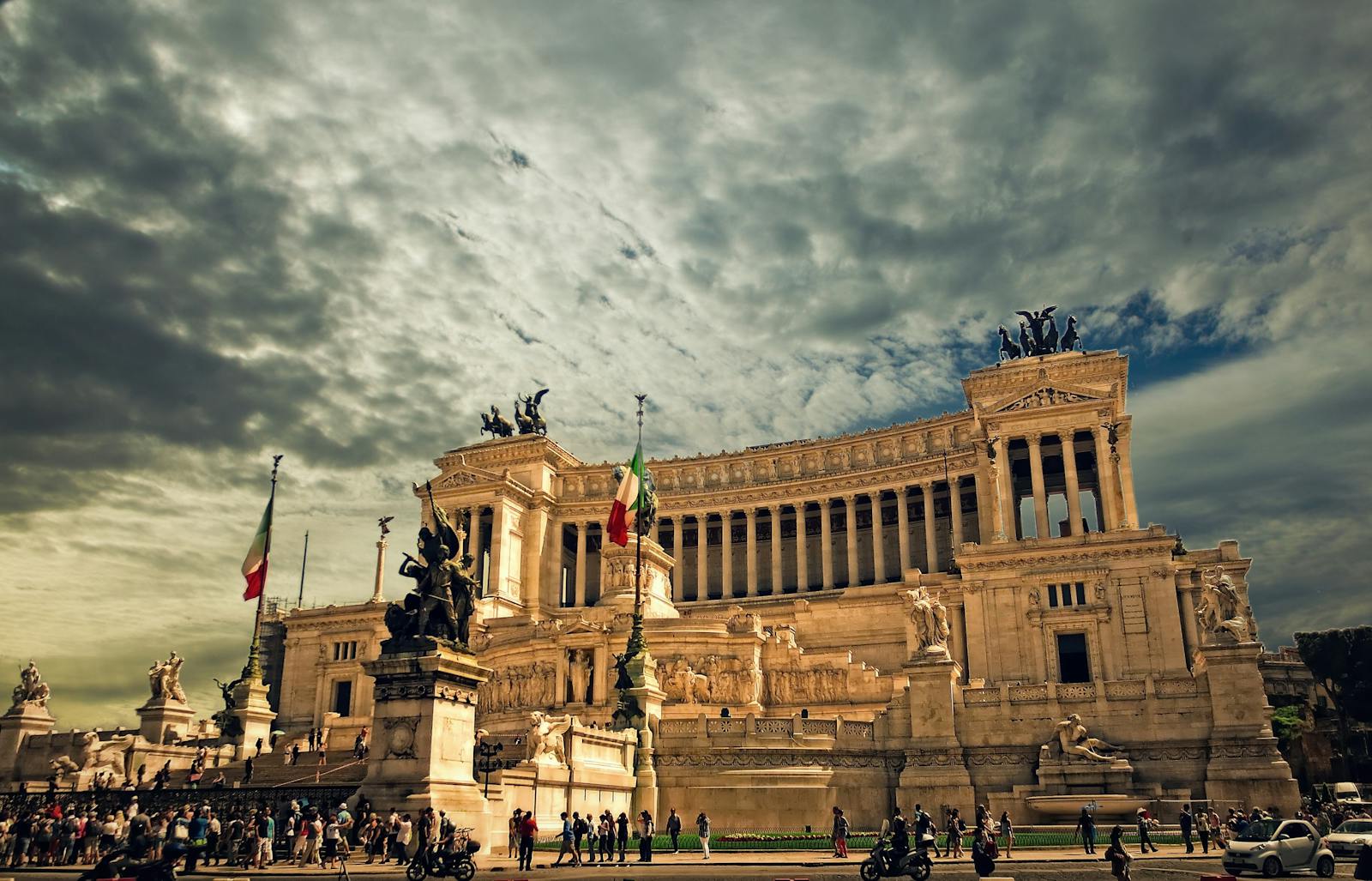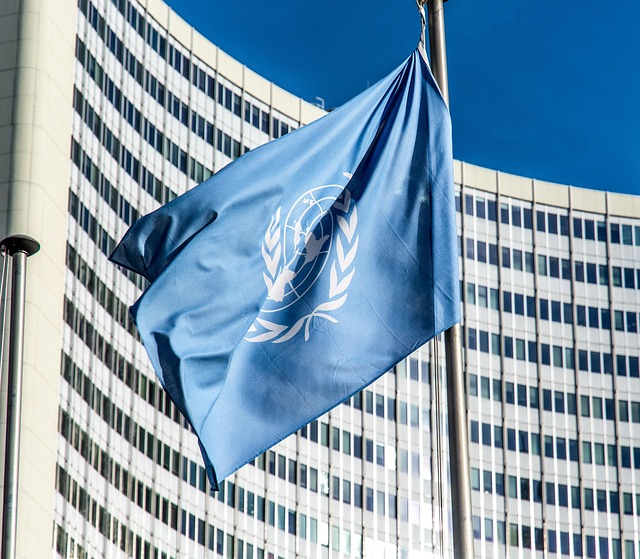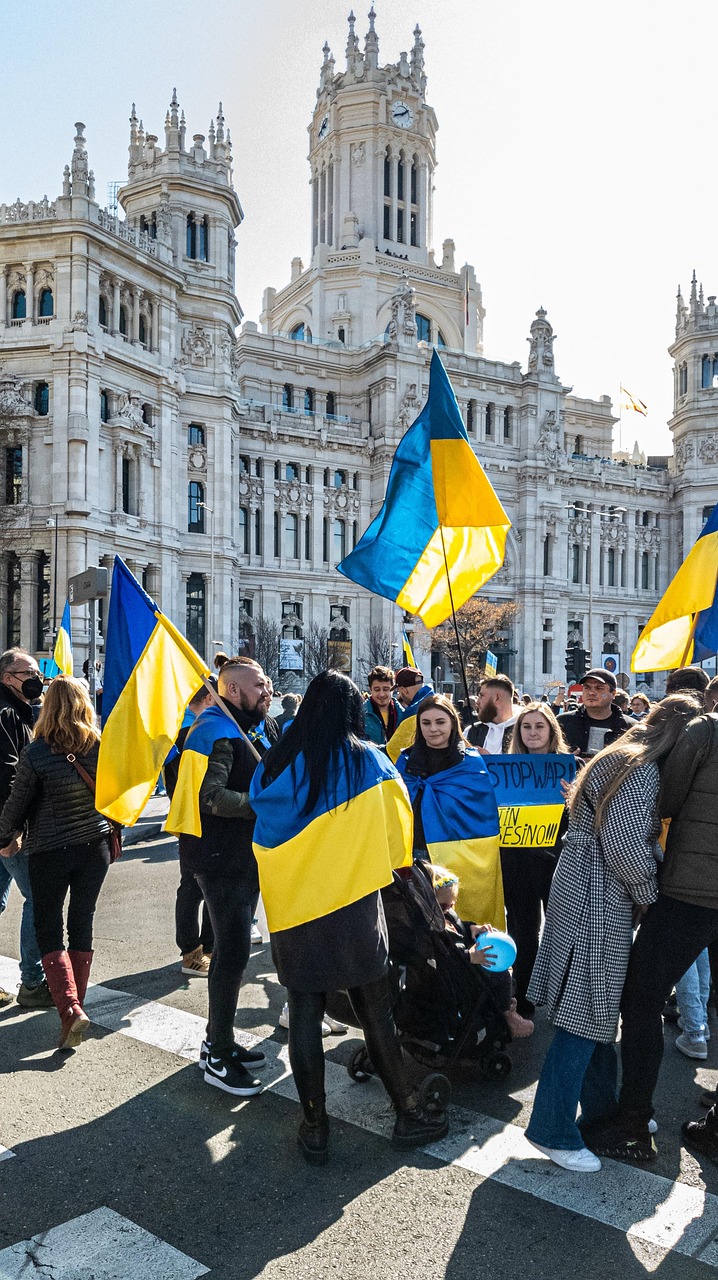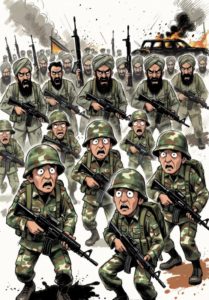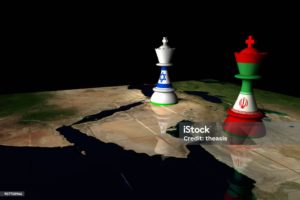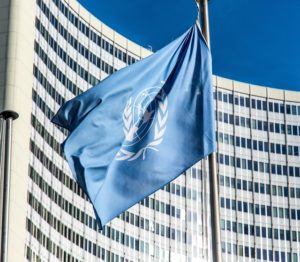As Israeli and Iranian strikes escalate in a crescendo of hostilities unseen in decades, the world seems to be holding its breath in the face of a regional war with potentially global repercussions. A domino effect appears to be taking shape, with alliances favoring one or the other of the belligerents. China has sent equipment to Iran, Pakistan is threatening the Jewish state, France has lent its support to Israel, and Trump’s United States has promised to intervene against Iran if the country threatens its interests. Meanwhile, more deaths are piling up on both sides. Faced with weapons, in this geopolitical turmoil, only diplomacy will save what can still be saved. And today, there are mediators capable—if they have the will—of reopening the closed doors of negotiation. Israel cannot risk being wiped off the map, and the mullahs’ Iran, weakened beyond recognition, will not save the regime through a protracted conflict.
For the ongoing war is not just a military confrontation; it is the cumulative failure of twenty years of failed diplomacy, strategic isolation, US missteps, ineffective unilateral sanctions, and too-often interrupted dialogue. But the current impasse is not inevitable. States still possess the legitimacy, leverage, and know-how to create the conditions for de-escalation.
Russia: Between Strategic Pragmatism and Diplomatic Cynicism
The first to offer its help was Vladimir Putin’s Russia. This may raise some eyebrows, given the conflict Moscow has been mired in with Kyiv for the past three years. Surprisingly, Russia appears to be one of the most credible mediators at the moment. Its solid relations with Iran, combined with its open channels with Israel, place it in a pivotal position. Moscow makes no mistake: by recently offering to store Iranian enriched uranium on its soil, it sends a clear message—that of diplomatic utility against Western isolation—and strengthens its alliance with the Tehran regime. But beware of double-dealing: if Russia can play the role of mediator, it is also to better strengthen its position as an essential major power in a world order it seeks to reshape. The gamble is risky, but it can pay off—if the goal is peace, not controlled chaos.
Turkey: The Opportunity to Return to the Role of Regional Balancing Act
After several unsuccessful attempts, including its hosting of recent negotiations between Russians and Ukrainians, Ankara, always quick to assume the role of mediator in Middle Eastern crises, has offered to facilitate discussions on the Iranian nuclear program. Erdogan, seeking a new diplomatic boost, sees this as an opportunity to regain control in a region where his voice has weakened. Turkey has the means to play this role, provided it rebuilds trust with Israel, deeply damaged since the Mavi Marmara affair. Its advantage? Being a Sunni Muslim actor accepted by Shiite Iran and, to a certain extent, by the West. A rare case in the current diplomatic landscape.
Oman and the Emirates: The Diplomacy of Silence That Succeeds
They are the true architects of the shadows. Oman, in particular, discreetly hosted secret negotiations between the United States and Iran last spring and is attempting to resume the role it has played for decades: that of a neutral agent between all Arab countries to act in the event of conflict. The United Arab Emirates, for its part, deploys a quiet but aggressive diplomacy, relying on soft power and avowed neutrality. The Abraham Accords enshrined their relations with Israel, which has never prevented Abu Dhabi from maintaining important strategic and economic relations with Iran and its former Syrian ally at the time, the Bashar al-Assad regime.
Qatar: Master of Impossible Dialogue
It is the rising power in terms of mediation at the heart of a multilateralism that has been battered for many years in the Middle East. Doha has already orchestrated everything: prisoner exchanges, ceasefires with Hamas, and negotiations with the Taliban. It is perfectly familiar with the workings of indirect discussions and knows how to speak to all stakeholders, from the most respectable to the most unsavory. This is the strength of the small Emirates: doing everything possible to avoid upsetting anyone, which is a life insurance policy but also a way to welcome dialogue. Qatar has been negotiating with Israel over Gaza for years, and has excellent relations with Iran, notably sharing the world’s largest gas field.
Europe and the UN: Legitimacy without will?
On paper, the European Union and the UN have everything they need to succeed: neutrality, structure, diplomatic networks. But their chronic paralysis and lack of responsiveness make them almost anecdotal today. Europe speaks, but does little. The UN condemns, but is not listened to. This does not mean they are useless: their role will come in the second phase—that of institutionalization, implementation, the coordinated lifting of sanctions, or the sending of observers. But they will not be the catalysts for peace.
The United States will have to re-enter the game.
They are not perfect, but Donald Trump’s willingness to resume negotiations with Iran, before Netanyahu launched the war, offered a glimmer of hope. If Trump wants to end endless wars, he absolutely does not want to engage in a new conflict and resort to weapons, which have already cost the Americans enough over the past thirty years. The Israelis, as the Iranians probably do, are waiting for Trump to reinstate himself, at least to restart the interrupted dialogue that was supposed to take place in recent days between Israelis and Iranians. Things don’t always go well with the United States, but without it, things are hardly better.
This ongoing conflict is also clearly the end of a unipolar world. It will not be resolved in Washington, Paris, or Geneva. These great historic centers of international law are finished. Today, mediation takes place as close as possible to the regions in flames, and with the support of the powers that count on the ground. The fate of the Israelis and Iranians will be decided in Moscow, Muscat, Doha, Ankara, perhaps with the help of the West, but in the Middle East. Now is the time to test multipolar diplomacy—not as a slogan, but as a lever for collective survival.
The mediators are there. The tools exist. All that’s missing is political will. The major powers must stop viewing this conflict as a secondary theater. They must understand that open war between Israel and Iran means not just regional chaos, but the end of an already weakened global system.
Peace will not fall from the sky. But it can still be built. Discreetly, patiently, strategically. Provided we give ourselves the means. And we still believe that, despite everything, words are worth more than bombs.
